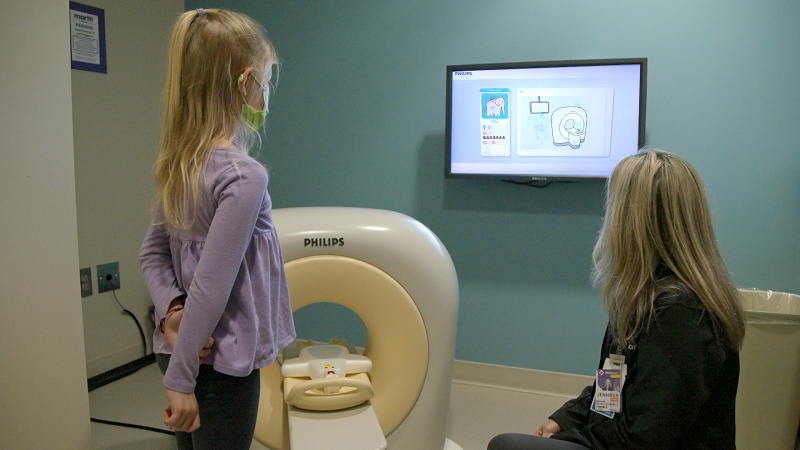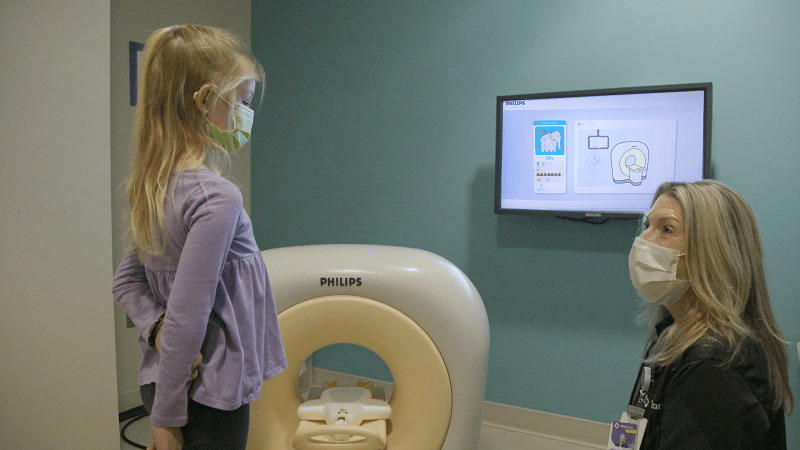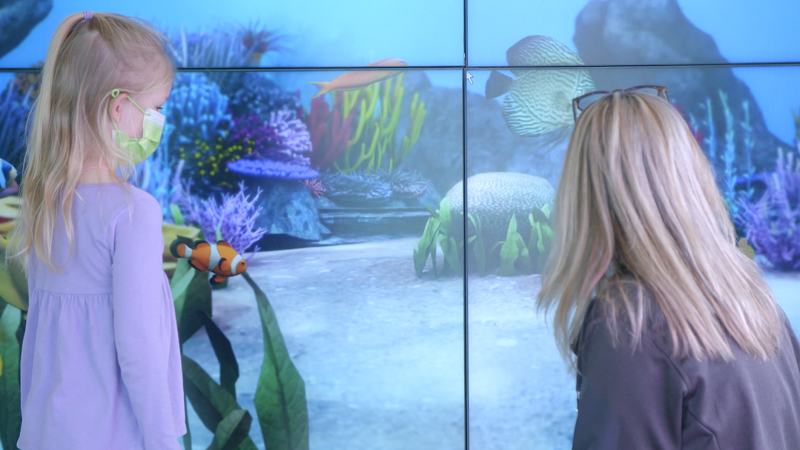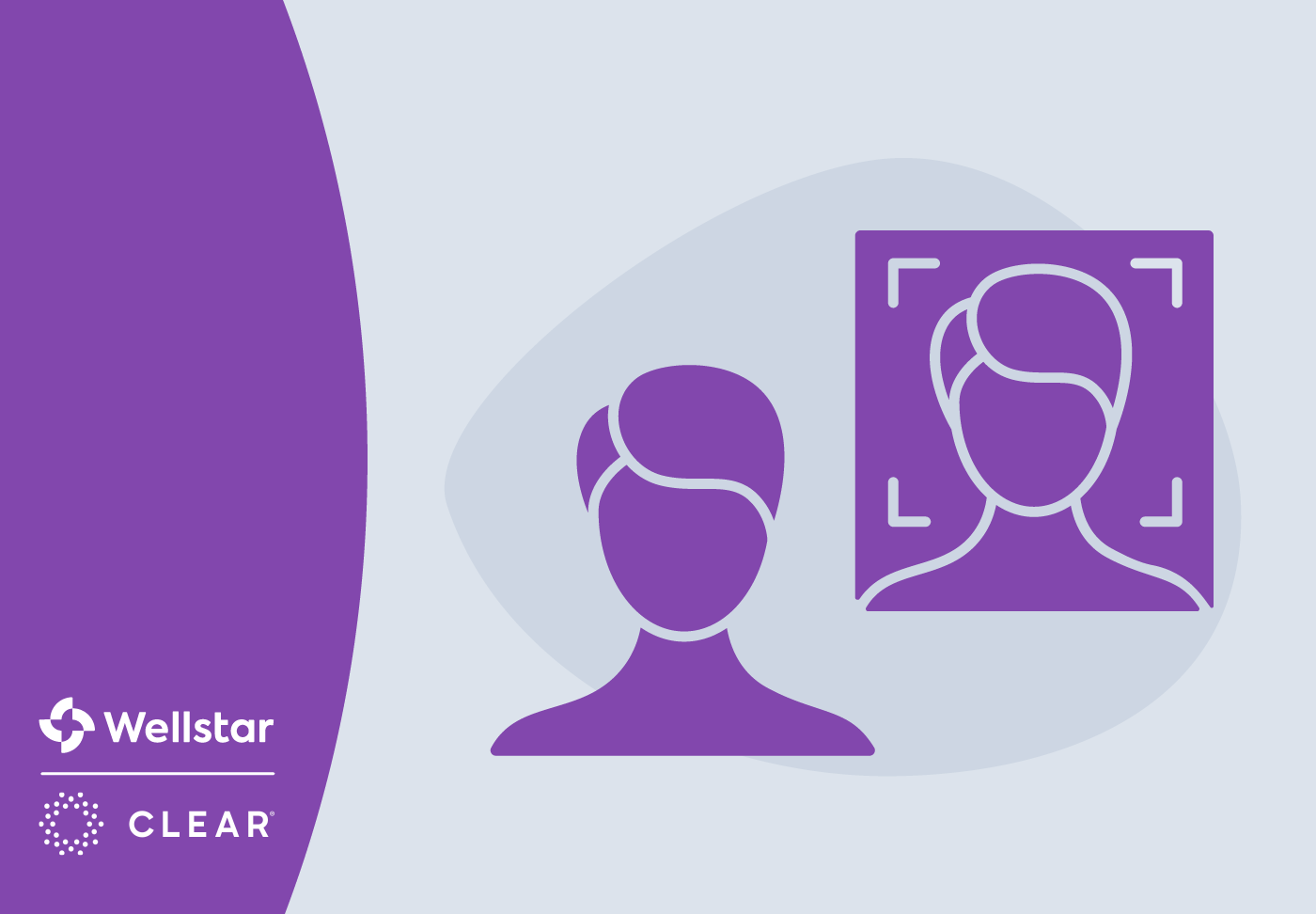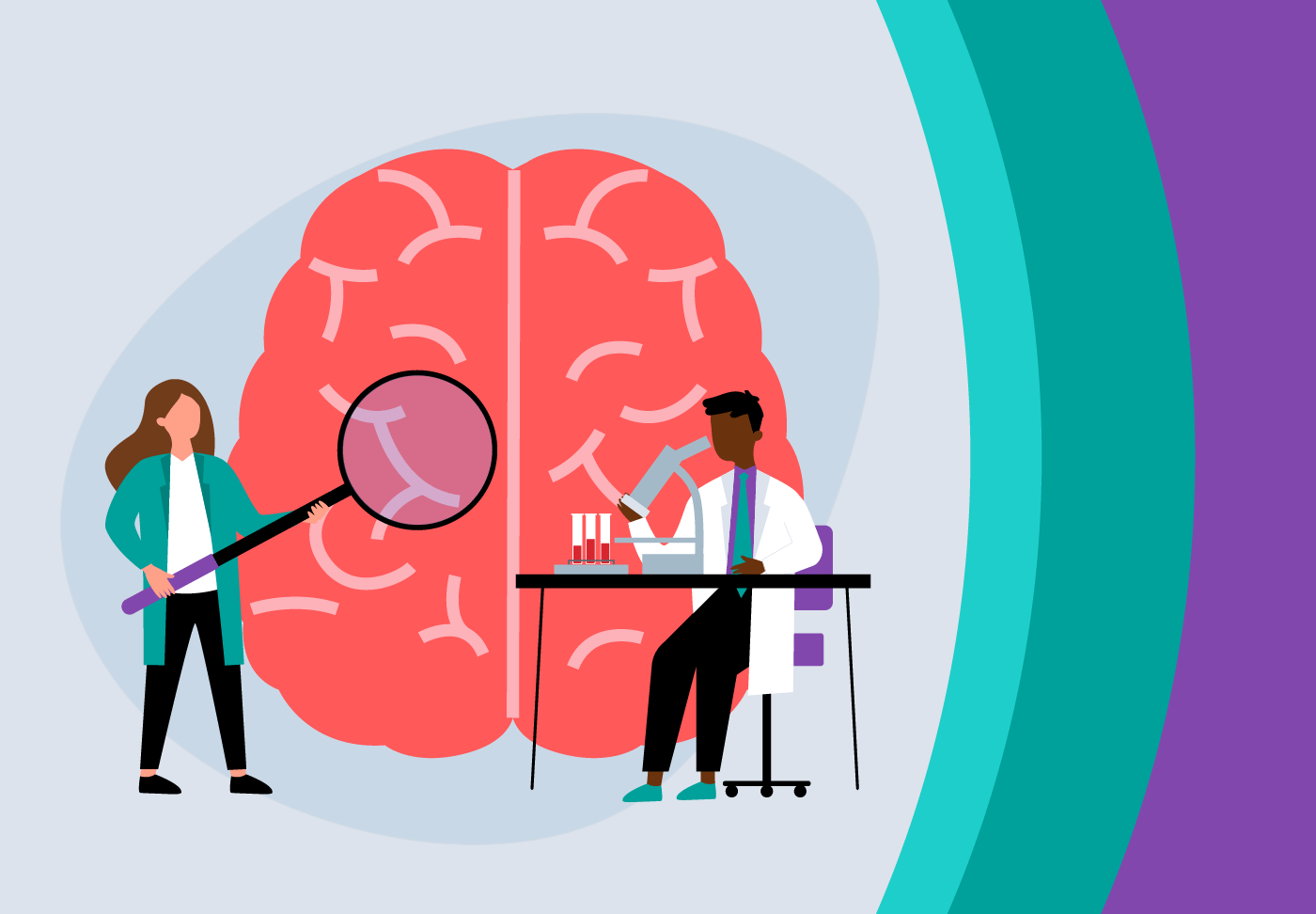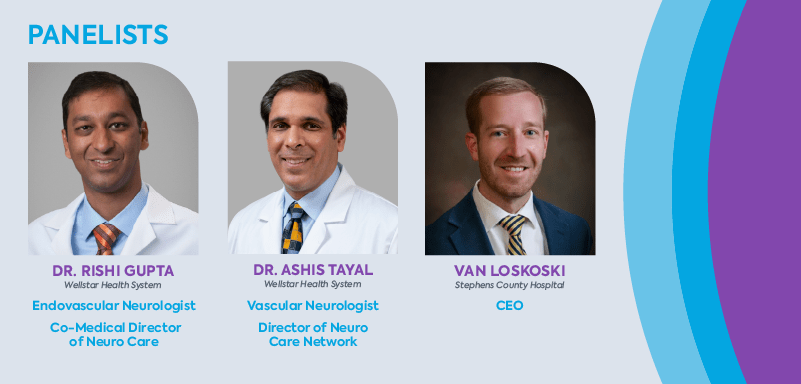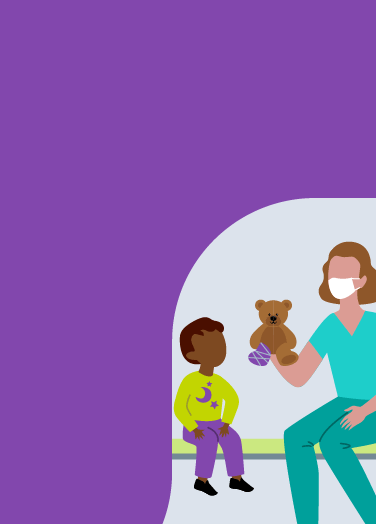
Wellstar Child Life Specialists
About Us
- What is a Child Life Specialist?
- The Healing Power of Play
- Education
- Preparation
- Support for Patients and Family
- Grief and Bereavement Support
- Grief Resources
What is a Child Life Specialist?
A Certified Child Life Specialist (CCLS) is a healthcare professional who helps children, teens, and families understand and cope with injury, illness, hospitalization, or death and loss. Their goal is to help reduce anxiety, fear, pain, and misconceptions pertaining to medical experiences. Often through play, child life specialists enable children to explore, learn, and develop effective coping skills for facing challenging events.

What education does a Child Life Specialist need?
To become a Certified Child Life Specialist, a candidate needs extensive education and training. A four-year undergraduate degree is required. Some candidates graduate with a degree in child life while others graduate with a degree in education, psychology, human development, or a related field of study. Some child life specialists decide to further their education and obtain a master’s degree. These two-year programs provide specialized, in-depth education pertaining to the profession.Each candidate must be certified by the Association of Child Life Professionals. In addition to completing a 600-hour internship or fellowship, candidates must pass the Child Life Professionals examination in order to become certified.
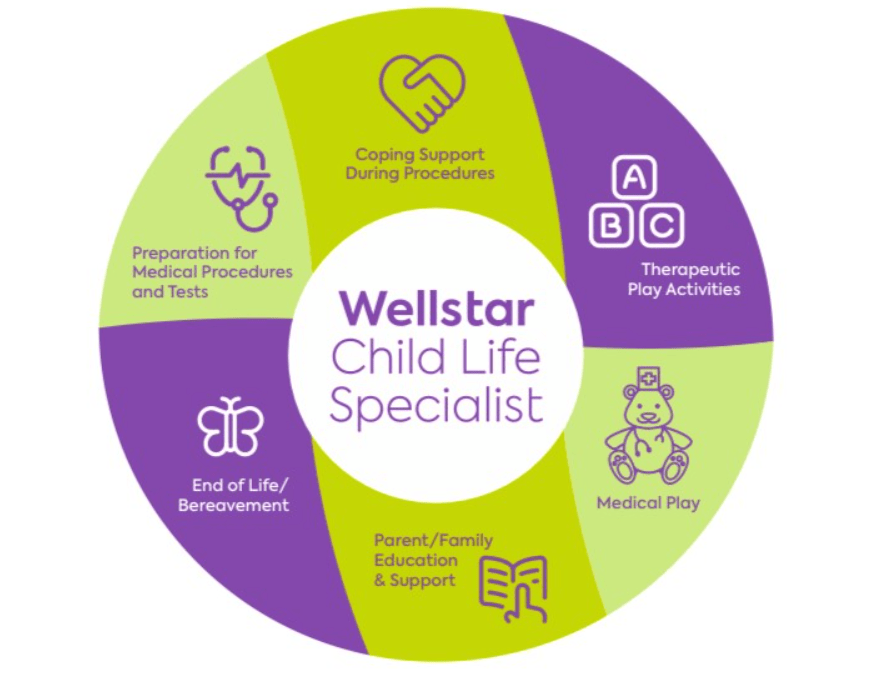
The Healing Power of Play
Play is the work of children [Piaget]. It is how they process events and learn about and relate to the world. Play is especially important in the healthcare setting. Child life specialists utilize play to:- Encourage normal development and positive coping throughout healthcare experiences
- Help children understand and feel more comfortable with medical procedures and environments
- Enable children to process and reflect on prior medical experiences
- Provide choices and a sense of control for children
Education
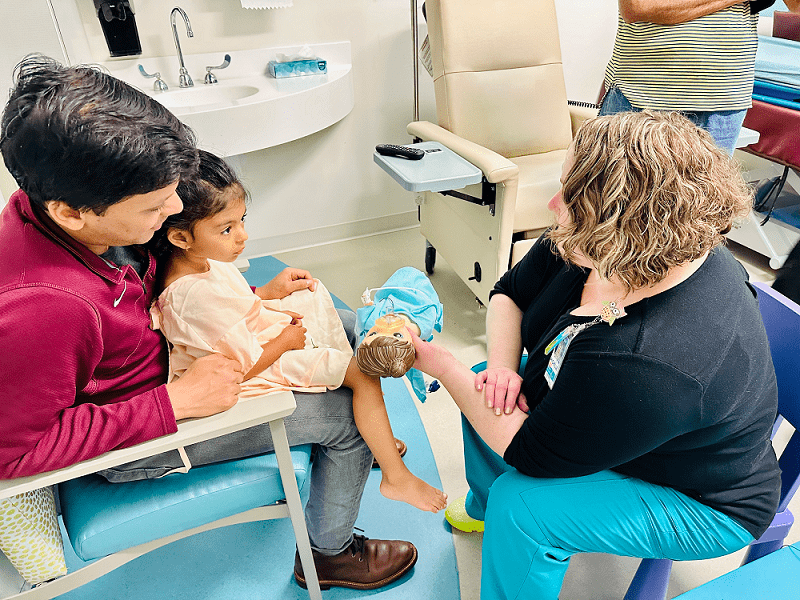
Child life specialists are a helpful resource for caregivers and parents who are interested in learning more about how children develop, respond to challenges, and cope with stress.
Preparation
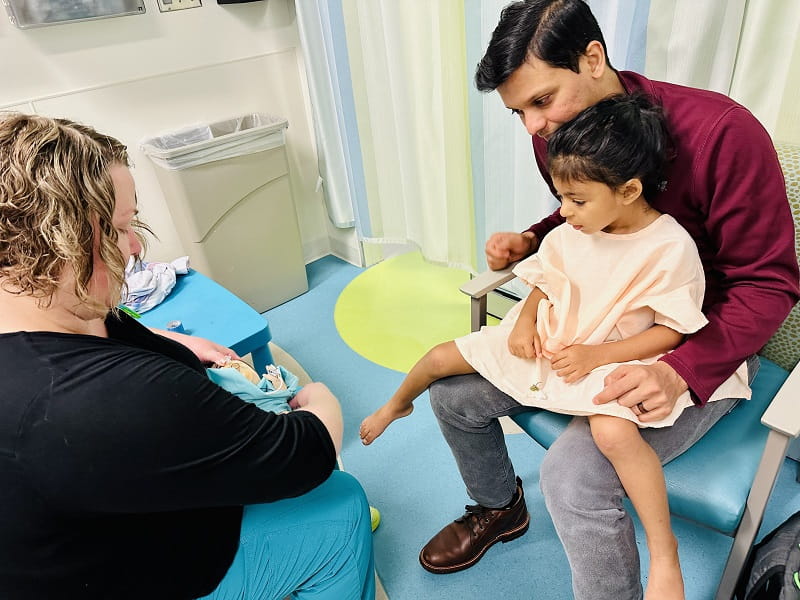
- Reduce anxiety
- Develop trust in caregivers and staff
- Identify stressors and develop coping methods
- Give choices and a sense of control over what will happen
Child life specialists help children understand not only the sequence of events but also – more specifically – what children will feel, see, hear, taste and smell. During preparation, child life specialists provide information based upon the child’s level of development, often using pictures and medical manipulatives to promote understanding. Talking openly and honestly to children using words they understand can make the healthcare experience easier to manage, and it can also provide opportunities for children to express fears or concerns.
Support for Patients and Family
Throughout preparation, child life specialists also help children and their families develop positive coping skills and establish plans and techniques for facing challenging events. Coping strategies are unique to each child and family but may include strategies such as:For Parents
- Stating honestly how something may feel without minimizing it
- Informing staff of important facts about your child
- Remaining positive, calm, and supportive toward your child
- Providing your presence/full attention and offering specific praise before, during, and after a procedure
- Utilizing comfort positioning so that your child can always see and touch you
- Preparing yourself for the upcoming procedure
For Children
- Distraction: refocusing your child’s attention to an activity they find interest in
- Imagery: asking your child to close their eyes and recall a positive place or memory
- Breathing: encouraging your child to take slow, deep breaths
- Comfort: bringing along your child’s favorite blanket or stuffed animal to hold before, during, or after the procedure
For Children of Adult Patients
Child life specialists are available to help children and teens learn about their loved one’s illness, injury, or treatment. Having a parent, grandparent, or other adult family member in the hospital can be a confusing and challenging change in a child’s life. Child life specialists can work with caregivers to educate their children and teens through kid-friendly language, books, and hands-on teaching materials. At Wellstar, there are designated child life specialists with additional training to support children of adult patients.Grief & Bereavement Support
A child who is old enough to love is old enough to grieve. Though children’s understanding of death and ways of coping are different from adults, it is still important that they receive support. Child life specialists are trained in how children understand and respond to the death of a loved one. They provide guidance on talking to children about a loved one who has died or is nearing the end of their life. Using play, art, and developmentally appropriate language, child life specialists help children and teens learn about the death, express emotions, and create keepsakes in memory of their loved one. Specific services include:- Guidance and resources for caregivers to help support children and teens who are grieving
- Preparation for children and teens who are visiting a loved one who is dying
- Strategies for children and teens to express and manage their emotions in healthy ways
- Legacy building through family artwork or remembrance projects
- Connection with additional grief support resources in their community
Helping Children Deal with Grief
Camp Tranquility and Camp Dogwood are one-day events for children and adults who have experienced the loss of a loved one. These events are sponsored by Wellstar Community Hospice.Camp Tranquility
Camp Tranquility is a one-day community workshop for individuals and families who have experienced the loss of a loved one. Adults and campers six years of age and older participate in sessions designed to aid in healthy grief expression. For more information, contact us at (470) 245-9959 or email [email protected]. At Camp Tranquility, participants build community with others experiencing similar losses while learning:- Age-specific strategies for processing grief
- Self-care and stress reduction
- Parenting through loss
- Talking to children about death and grief
- Activities for family healing over time
Camp Dogwood
Camp Dogwood is a free, one day event for children who are entering First to Seventh Grade from Troup, Coweta, Heard, Meriwether and Harris counties who have experienced the loss of a loved one. Created in 1997 as an outreach of West Georgia Hospice, it now serves up to 60 children each summer with the help of about 80 volunteers. Through art, games and stories, campers will be helped to:- Realize that all people grieve
- Discover healthy ways to deal with grief
- Find positive ways of remembering their loved one
- Learn healthy coping skills while enjoying fun activities
More Resources
- Camp Kesem - programs and services for children who have a parent with a cancer diagnosis or have lost a parent to cancer
- Camp Erin - bereavement program for youth grieving the death of a significant person in their lives
- Kate’s Club - bereavement programs for children, adolescents, and young adults
- Association of Child Life Professionals
For Reading
Services & Resources
- Opportunities for play & growth and development in the healthcare setting
- Healthcare education for children and families
- Procedural and surgical preparation and support
- Strategies for coping with stressful situations
- Advocacy that promotes emotional safety for children, teens and families
- Support of siblings during their brother's or sister’s hospitalization
- Illness education and coping support for children & teens whose loved one is hospitalized
- Grief and bereavement support
- Consultative support for parents/caregivers on child development, responses to and strategies for managing stress and trauma


